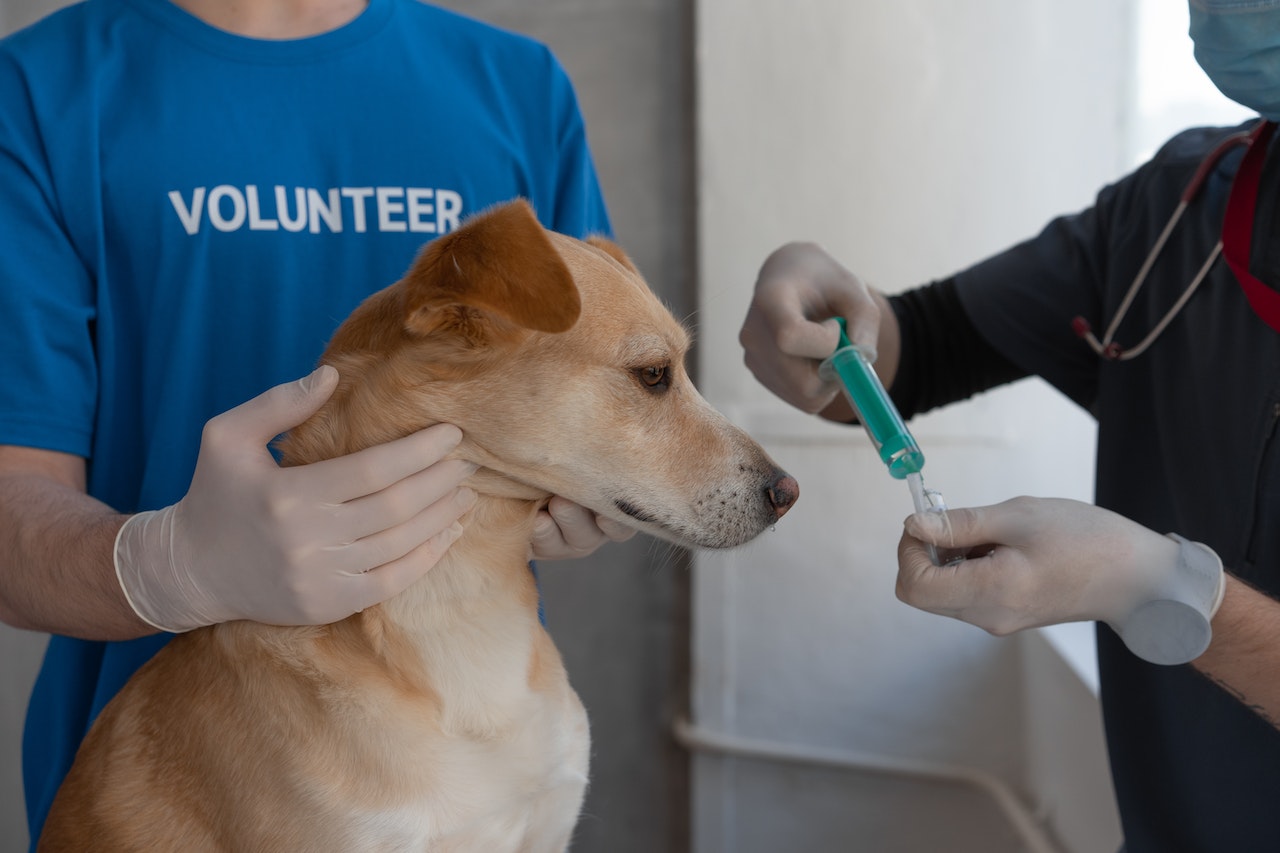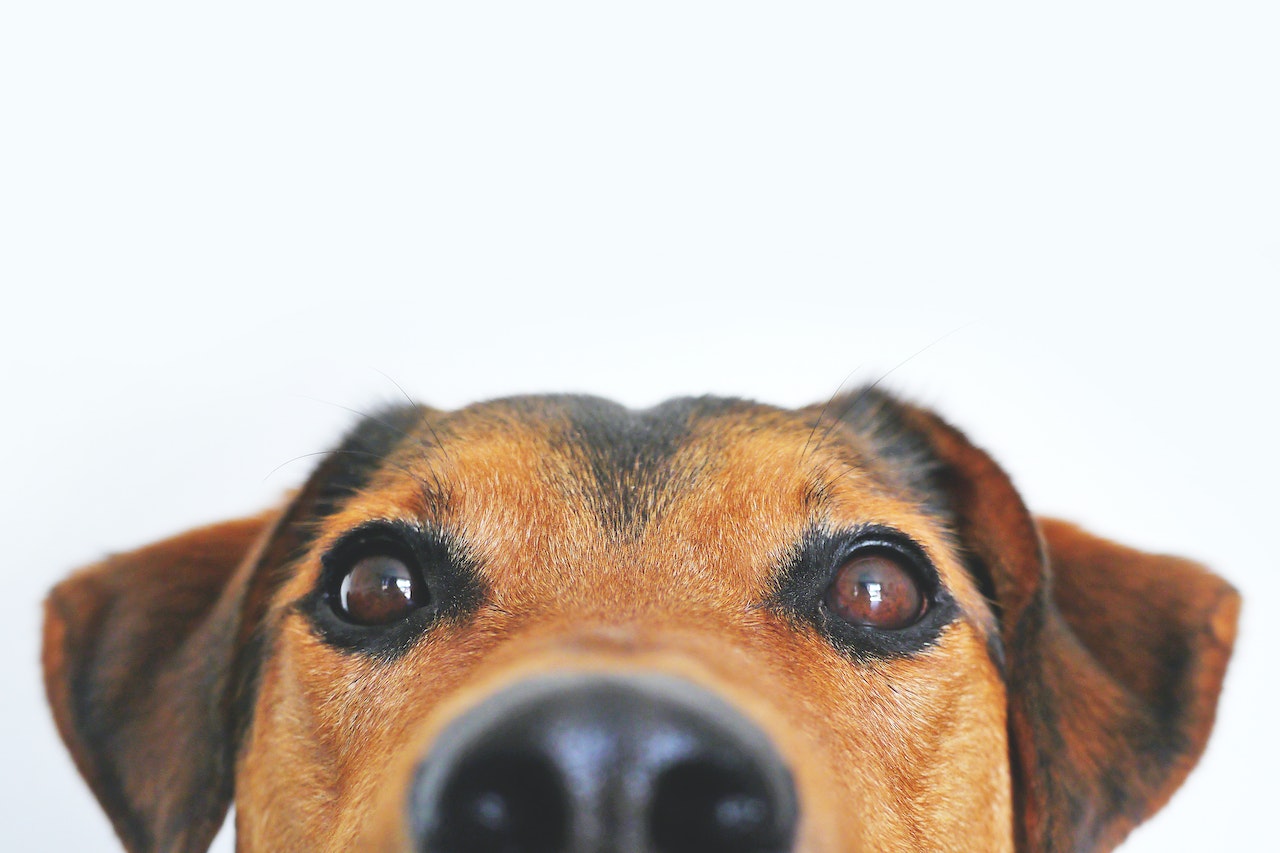
Flu is a common respiratory infection that affects humans and other animals. In humans, flu is caused by the influenza virus and can cause a range of symptoms, including fever, cough, sore throat, and fatigue. But can dogs catch the flu? In this article, we will explore whether dogs can catch the flu, the reasons why dogs can catch the flu, and how to prevent flu in dogs.
What is Flu?
Flu is a viral respiratory infection caused by the influenza virus. It is a highly contagious illness that can spread through droplets in the air or by contact with surfaces contaminated with the virus. In humans, flu can cause a range of symptoms, including fever, cough, sore throat, and body aches. In severe cases, flu can lead to pneumonia and other respiratory complications.
Can Dogs Catch the Flu?
Yes, dogs can catch the flu. Although the flu virus that affects humans is different from the one that affects dogs, dogs can still get the flu. The canine influenza virus (CIV) is a highly contagious virus that can cause respiratory infections in dogs. It was first identified in 2004 in racing greyhounds in Florida and has since spread to other states.

Reasons Why Dogs Can Catch the Flu
Dogs, like humans, can catch the flu. The flu is caused by a virus, and there are several reasons why dogs can become infected. Here are some of the most common reasons why dogs can catch the flu:
Contact with Infected Dogs
Dogs can catch the flu from other infected dogs. The virus can spread through respiratory droplets, such as when an infected dog coughs or sneezes. Dogs can also catch the flu by coming into contact with surfaces that are contaminated with the virus, such as water bowls or toys.
Weakened Immune System
Dogs with weakened immune systems are more susceptible to infections, including the flu. A weakened immune system can be caused by stress, poor diet, and underlying health conditions such as cancer, diabetes, or kidney disease. Puppies and senior dogs are also more vulnerable to infections as they have weaker immune systems.
Breed
Some breeds are more susceptible to respiratory problems than others, such as Bulldogs, Pugs, and Boxers. These breeds have shorter snouts, which can cause respiratory problems and make them more vulnerable to infections.
Age
Puppies are still developing their immune system and are more susceptible to infections, including the flu. Senior dogs have a decreased ability to fight off infections and are also more vulnerable to the flu.
Environmental Factors
Cold weather, drafts, and sudden changes in temperature can weaken a dog's immune system and make them more susceptible to infections. Poor living conditions, such as living in a damp or dirty environment, can also make dogs more vulnerable to infections.
Lack of Vaccination
Dogs that have not been vaccinated against the flu are more likely to become infected. Vaccination is an essential part of preventing the flu in dogs. The canine influenza vaccine can protect dogs from the CIV and is recommended for dogs that are at risk of exposure.
Stress
Stress can also weaken a dog's immune system and make them more susceptible to infections. Stress can be caused by a range of factors, such as changes in routine, loud noises, or separation anxiety.
Poor Nutrition
A poor diet can weaken a dog's immune system and make them more vulnerable to infections. Dogs that are not fed a balanced and nutritious diet are more likely to become sick.
Overall, dogs can catch the flu for a range of reasons, including contact with infected dogs, weakened immune systems, breed, age, environmental factors, lack of vaccination, stress, and poor nutrition. As a dog owner, it is important to be aware of these factors and take steps to prevent your dog from becoming infected. Vaccination, a healthy diet, regular exercise, and good living conditions can all help strengthen your dog's immune system and reduce the risk of infection.

How to Prevent Flu in Dogs
Preventing the flu in dogs is essential to keeping them healthy and happy. Here are some steps you can take to prevent the flu in dogs:
- Vaccination: Vaccination is the most effective way to prevent the flu in dogs. The canine influenza vaccine can protect against the CIV and is recommended for dogs that are at risk of exposure, such as dogs that visit dog parks or boarding facilities.
- Avoid Exposure to Infected Dogs: Limit your dog's contact with other dogs, especially if there is an outbreak of the flu in your area. Avoid dog parks and other areas where dogs congregate if there is a known outbreak.
- Practice Good Hygiene: Good hygiene can help prevent the spread of the flu. Wash your hands thoroughly after handling other dogs, and avoid touching your face or mouth after touching dogs. Clean and disinfect your dog's toys and bedding regularly.
- Keep Your Dog Healthy: Keeping your dog healthy can help prevent the flu. Feed your dog a balanced and nutritious diet, provide plenty of exercise, and keep up with regular veterinary checkups.
- Avoid Stress: Stress can weaken a dog's immune system and make them more susceptible to infections. Avoid stressful situations for your dog, such as changes in routine or loud noises.
- Keep Your Dog Warm: Cold weather can weaken a dog's immune system and make them more vulnerable to infections. Keep your dog warm in cold weather, and avoid sudden changes in temperature.
- Practice Good Ventilation: Good ventilation can help prevent the spread of the flu. Ensure that your dog's living area is well-ventilated and has plenty of fresh air.
- Use Caution When Traveling: If you are traveling with your dog, be cautious about exposing them to other dogs. Avoid areas where there may be a high risk of exposure to the flu, and keep your dog's vaccinations up to date.
Concluding words
In conclusion, dogs can catch both colds and flu, and there are several reasons why they can become infected. Factors such as contact with infected dogs, weakened immune systems, breed, age, environmental factors, lack of vaccination, stress, and poor nutrition can all increase the risk of infection. However, there are steps that dog owners can take to prevent colds and flu in their pets, such as vaccination, good hygiene, keeping their dog healthy, avoiding stress, keeping their dog warm, practicing good ventilation, and using caution when traveling. By taking these preventive measures, dog owners can help keep their pets healthy and happy. In case of any concerns, it's important to consult a veterinarian for professional advice and treatment.



